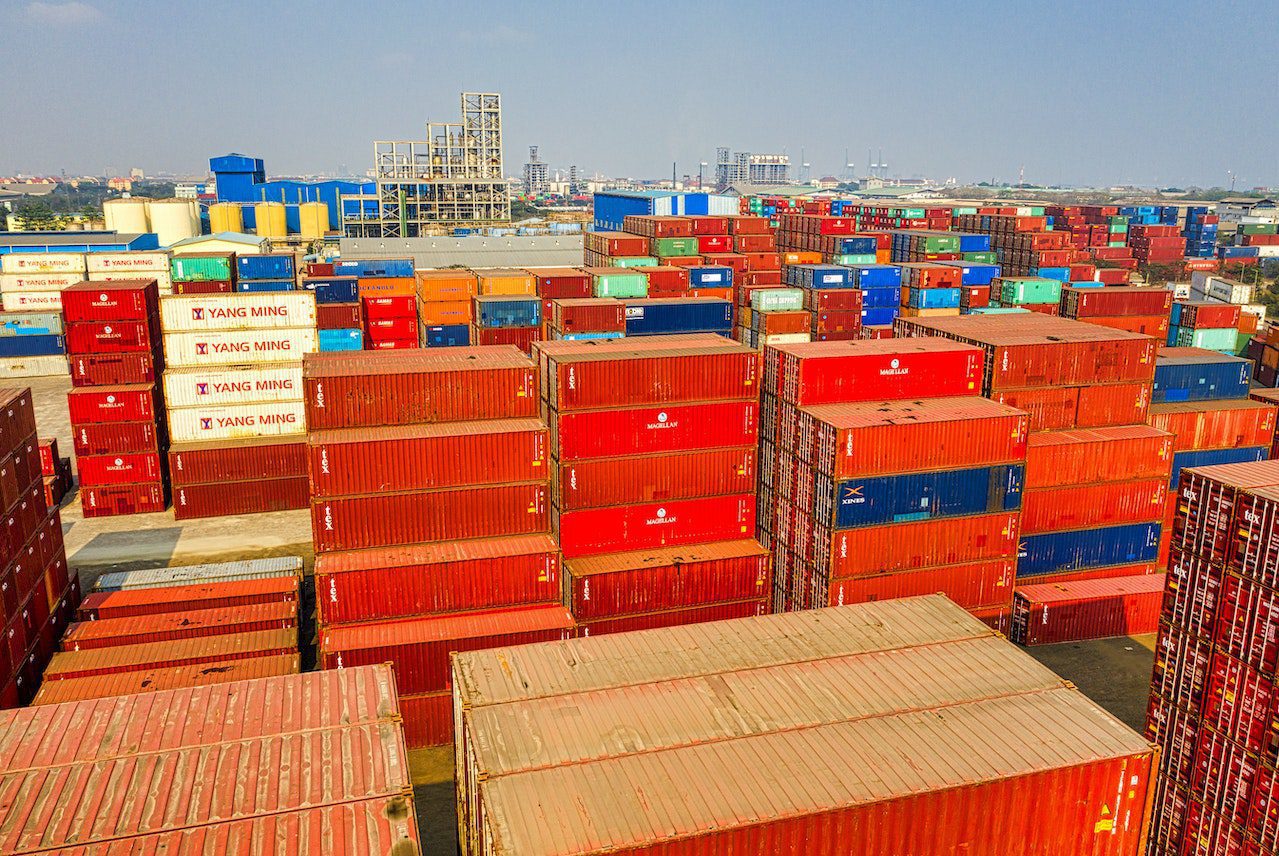
China has traditionally dominated the global manufacturing scene. However, an increasing number of businesses are exploring other options to diversify their supply chains. If you’re an importer considering Generalized System of Preferences (GSP) countries like India and Indonesia as potential manufacturing bases, there are several crucial elements to consider.
Grasping the GSP Program
The GSP is a preferential tariff system that offers tariff reductions or eliminations on certain products from specific countries. The United Nations Conference on Trade and Development (UNCTAD) established it in 1971 to stimulate economic growth in developing nations. Notably, GSP countries often provide more competitive labor and production costs than China, creating attractive opportunities for cost reduction.
Benefits of Lower Duties and Tariffs
A significant benefit of sourcing goods from GSP countries is the potential for reduced duties and tariffs. Importers who source goods from these countries may qualify for duty-free treatment, potentially leading to substantial cost savings. However, GSP benefits eligibility depends on various factors, including the product type, the percentage of the product’s components manufactured in the GSP country, and the specific regulations of the importer’s home country. It’s vital to research the rules governing GSP benefits thoroughly before deciding to shift manufacturing locations.
Reliable and Diversified Supply Chains
Another significant advantage of GSP countries is the opportunity for supply chain diversification. Amid escalating geopolitical tensions and the increasing vulnerability of global supply chains highlighted by recent events such as the COVID-19 pandemic, many businesses understand the importance of diversification. Shifting some production to GSP countries can help companies ensure supply continuity.
Potential Risks and Challenges
While there are clear benefits to manufacturing in GSP countries, it’s crucial to understand the potential challenges and risks. The primary concern is about infrastructure and capacity. While countries like India and Indonesia have large labor forces and growing industries, they may not yet have the same infrastructure and capacity to handle large-scale manufacturing that China possesses. This could result in delays, quality control issues, and other operational challenges.
Moreover, the political and regulatory landscapes in these countries can be volatile. Changes in government policy, such as labor laws or environmental regulations, could directly impact manufacturing operations. Corruption and bureaucracy could pose challenges and risk delaying shipments or increasing costs.
There’s also a risk associated with GSP status itself. The GSP is not a permanent arrangement; countries can graduate from it, losing their preferential status. In some cases, governments can also be suspended from the GSP due to non-compliance with the program’s requirements.
Making Informed Decisions
Transitioning from manufacturing in China to GSP countries requires careful consideration and strategic planning. Businesses should conduct a thorough analysis, considering cost savings and potential risks and challenges. Engaging local experts, such as legal advisors and consultants, can provide valuable insights and help mitigate risks.
Maintaining open lines of communication with key stakeholders, including suppliers, customers, and regulatory authorities, is also essential. Regular audits and checks can help ensure quality control and compliance with relevant standards.
While shifting towards GSP countries presents promising opportunities, importers should proceed with caution. Thorough research, careful planning, and local expertise are critical to a successful transition. The risks can be significant, but with a well-thought-out strategy, companies can find a valuable alternative to manufacturing in China in GSP countries.
By partnering with Dedola Global Logistics, importers can access value-added, consultative services to position their businesses for success. Our nearly five decades of expertise will guide you through your supply chain optimization goals in any GSP country. We are a premier freight forwarder and supply chain optimization firm that helps companies worldwide achieve their importation goals.
READ: Importing – The Hidden Costs of Choosing the Cheapest Rates


